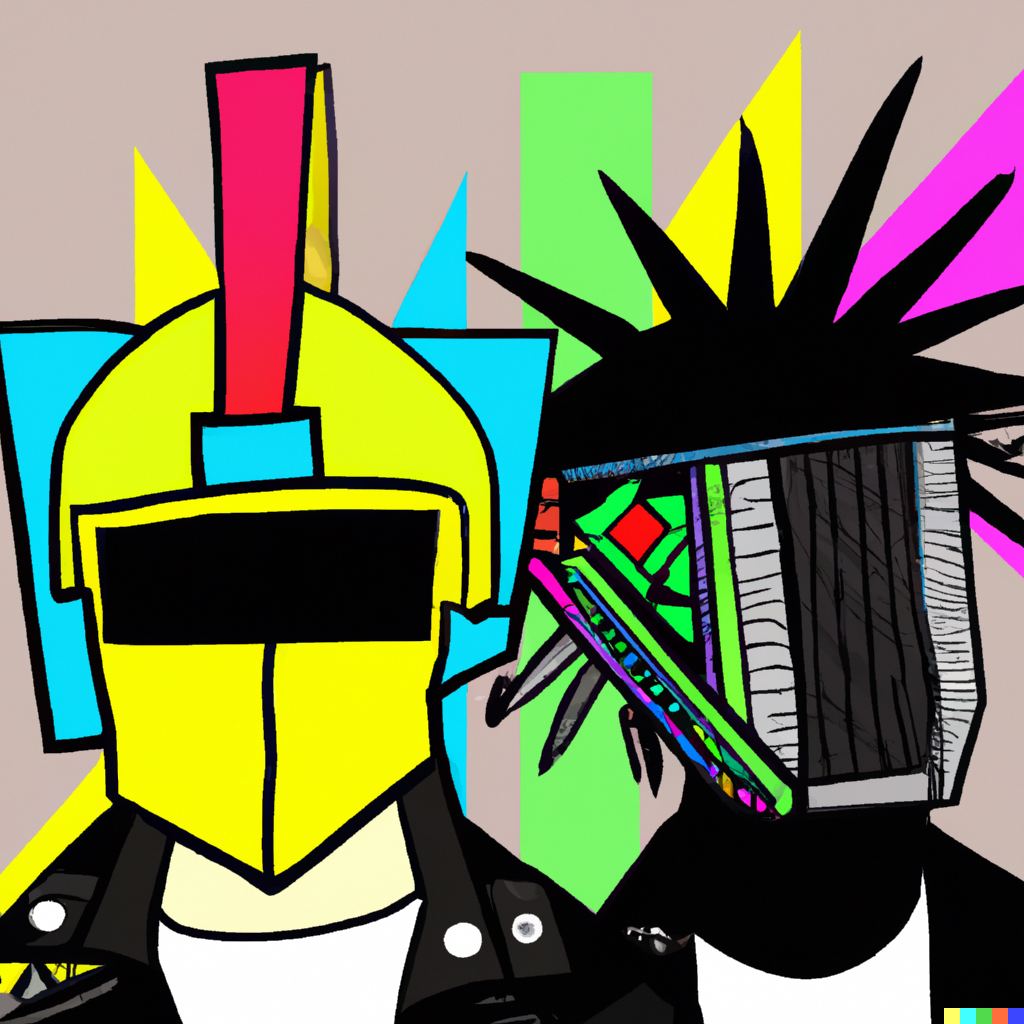Electronic music has evolved into many different genres over the years, but one trend that has remained prominent is the French Touch. This subgenre of house music emerged in the 1990s in France and quickly became popular not only in the country, but also internationally. In this article, we’ll dive into the history of French Touch and its impact on electronic music.
Origins of French Touch
The roots of French Touch can be traced back to the disco and funk sounds of the 1970s. French producers and DJs were inspired by these sounds and began experimenting with their own interpretations of disco and funk. In the 1980s, the French electronic scene began to take shape with the emergence of artists such as Jean-Michel Jarre and Cerrone.
In the 1990s, French Touch began to emerge as a distinct subgenre of house music. Key artists such as Daft Punk, Cassius, and Dimitri from Paris led the charge in developing the sound. French Touch was characterized by its heavy use of samples, funky basslines, and groovy beats. The sound was often described as “disco house” or “filter house” due to the use of filtered loops and samples.
French Touch Goes Global
French Touch gained popularity in the early 2000s and quickly became a global phenomenon. Daft Punk’s album “Homework” released in 1997 was a critical and commercial success, and their single “Around the World” became a hit. Other artists such as Cassius and Bob Sinclar also gained popularity with their signature French Touch sound.
The impact of French Touch extended beyond music. The style and fashion associated with the movement, such as the iconic robot helmets worn by Daft Punk, became a cultural phenomenon. The aesthetic was heavily influenced by the 1970s and was characterized by bright colors, bold patterns, and a sense of playfulness.
Legacy of French Touch
Although French Touch as a specific subgenre may have faded in popularity, its influence can still be felt in electronic music today. The use of samples and filtered loops, a hallmark of French Touch, is still prevalent in many electronic music genres. Additionally, French Touch artists paved the way for French electronic music to become a respected and celebrated part of the global music scene.
In conclusion, French Touch was a revolutionary electronic music trend that emerged from France in the 1990s. It was characterized by its use of samples, funky basslines, and groovy beats. Although the trend may have faded in popularity, its influence can still be felt in electronic music today, and it will always be remembered as a defining moment in the history of electronic music.
Who are the French Touch artists now?
The French Touch movement has evolved and diversified over the years, and there are many electronic music artists from France who continue to make an impact on the international music scene. Here are some of the current French Touch artists:
Justice – This Parisian duo, made up of Gaspard Augé and Xavier de Rosnay, has been making electronic music since the early 2000s. They are known for their eclectic style, which draws on elements of rock, funk, and disco.
Daft Punk – Although the iconic duo announced their split in 2021, their influence on the French Touch movement cannot be overstated. Thomas Bangalter and Guy-Manuel de Homem-Christo have been making innovative electronic music since the 1990s.
Breakbot – This producer and DJ, whose real name is Thibaut Berland, creates funky, disco-infused tracks that are often accompanied by colorful music videos. He has been active since the mid-2000s.
Kavinsky – This electronic musician, whose real name is Vincent Belorgey, is known for his cinematic soundscapes that draw on elements of 80s synthpop and electro. He gained international recognition after his track “Nightcall” was featured in the movie “Drive” in 2011.
Busy P – This DJ and producer, whose real name is Pedro Winter, is known for his energetic DJ sets and his work as the founder of the Ed Banger Records label. He has been active in the French electronic music scene since the early 2000s.
Agoria – This Lyon-based producer and DJ, whose real name is Sébastien Devaud, creates melodic, atmospheric tracks that blend elements of techno, house, and ambient music.
Rone – This producer, whose real name is Erwan Castex, creates intricate, textured tracks that often feature dreamy vocals and lush instrumentation.
These are just a few of the many French electronic music artists who are currently active and pushing the boundaries of the genre.




